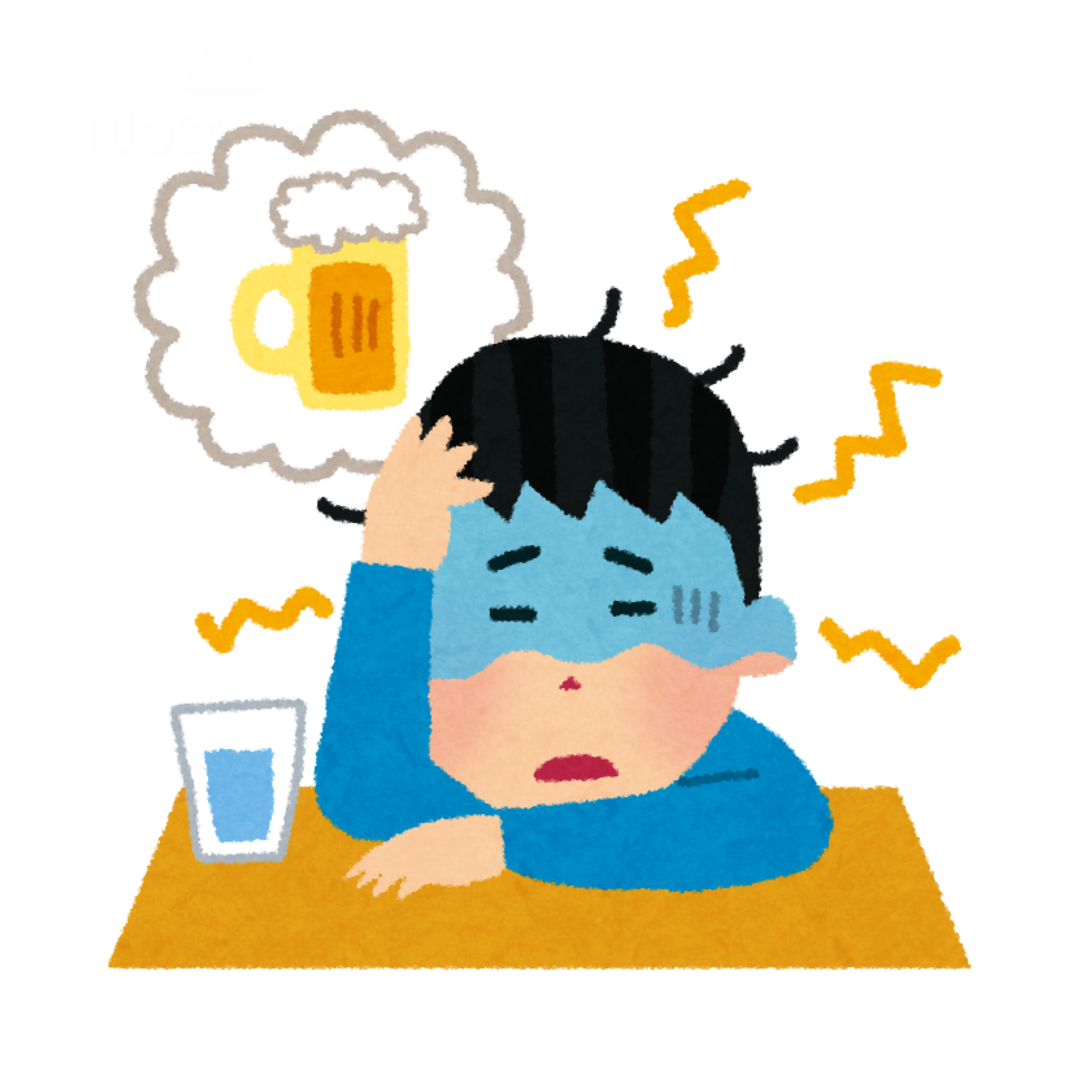THE HORMONE THAT LEAD US TO THE INCREASES WEIGHT! 5 + 1 WAYS OF REDUCING ANXIETY
Cortisol is considered the predominant hormone of STRESS and is produced by the adrenal glands. Among the normal functions it performs are:
- the regulation of metabolism and
- inflammation fighting
However, when stress increases to high levels for a long time, the concentration of cortisol in the body increases accordingly, causing side effects.
DOES OUR ANXIETY FINALLY INCREASE OUR BODY WEIGHT??? To what extent does stress affect our weight and body fat distribution?

It is no coincidence that most obese people have higher cortisol levels than those who are underweight.
The body’s response to stress is as follows. Cortisol:
- raises blood sugar levels,
- raises blood sugar levels,
- suppresses the immune system
As far as fat is concerned, cortisol has a double effect. When we are stressed, fat is broken down directly to produce energy. At the same time our body is fighting to deal with this situation, it is put on alert and the lungs receive more oxygen. Then our appetite decreases and cortisol is produced, which mobilizes carbohydrates and fats for fast energy.
When the immediate stress is over, cortisol remains to balance the body. And that means increasing our appetite for replenishing the carbohydrates and fats we burned.
The body reacts to stress in the same way it would react if, for example, you ran away from a… lion. Prolonged stress keeps cortisol high, stimulating the feeling of hunger. Cortisol exposure in the long run leads to weight gain, increased insulin and increased glucose production. This excess is typically converted to fat, which is stored as additional fat.
According to Robert M. Sapolsky, Ph.D., a professor at Stanford University «The clear result will be an increase in fat deposition in a specific part of the body.»
It has been observed that weight gain in these cases is obvious in the abdomen due to the greater sensitivity of the fat cells located there to cortisol. The increase in pounds in the abdominal region leads to the appearance of diseases due to the fact that there are our vital organs, which perform the most important functions for our survival.
A study at Yale University found that women with higher fat deposits in the abdomen and women with higher fat deposits in the hip area were found to be the first to report stressful situations and described their lives as stressful.
The only sure thing is that obesity involves many factors and hormones that cause it and that its treatment should be based on the management of all of them individually.
Corresponding are the cases of patients receiving cortisone treatment, which is the active form of cortisol. Corticosteroid therapy is widely used with the subsequent occurrence of side effects including energy metabolism disorders, fluids disorders and disorders of metals (sodium, potassium, calcium and phosphorus). These people suffer from weight gain, fluid retention, edema, hypertension, osteoporosis, muscle catabolism and more.
5 + 1 WAYS OF REDUCING ANXIETY
1) Go for a short leisurely walk, to distract yourself and your thoughts. Find ways out of the stress and routine of everyday life. Exercise not only helps you lose weight by burning calories, but also helps to neutralize stress, which in turn helps you keep weight off.

2)Do relaxing activities such as yoga or meditation and breathing exercises. What will help you is to dedicate some time to yourself for a few moments during the day.
3) Chew gum. According to a recent study, chewing gum reduces cortisol by ~ 12% while increasing blood flow. It therefore relaxes certain brain functions and relieves stress.
4) Consume tea or chamomile. Drinking a hot drink is really a secret of relaxation and the calming effects of tea are due to the ingredients it contains such as polyphenols and bioflavonoids.

5) Get enough sleep. Don’t forget to get enough sleep and rest from the intense rhythms of everyday life. Cortisol levels drop with good sleep and are kept low.
6) Reduce caffeine. This substance increases energy levels and keeps the body alert. Check your coffee intake. Start with 1 cup per day less and observe in which quantity you feel less the symptoms of nausea.
CONCLUSION
Every time you feel anxious, in times of stress or if you are being treated with corticosteroids, observe your eating habits. Try to think with which of the above ways you could deal with weight gain and do not despair.
BIBLIOGRAPHY
project-aware.org/Resource/articlearchives/cortisol_weight.shtml
https://www.ncbi.nlm.nih.gov/pubmed/15344571?fbclid=IwAR0zuIClNszj7Avjs9rAK6AdNZEUBN-IgcE3SqJOCVFEzv8EHDnD70l3vWs
https://aacijournal.biomedcentral.com/articles/10.1186/1710-1492-9-30
https://www.ncbi.nlm.nih.gov/pubmed/11020091
________________________________________________________________________________

Written by Athanalidou Eirini
Dietitian – Nutritionist BSc
Sc. Associate of Nutripass




